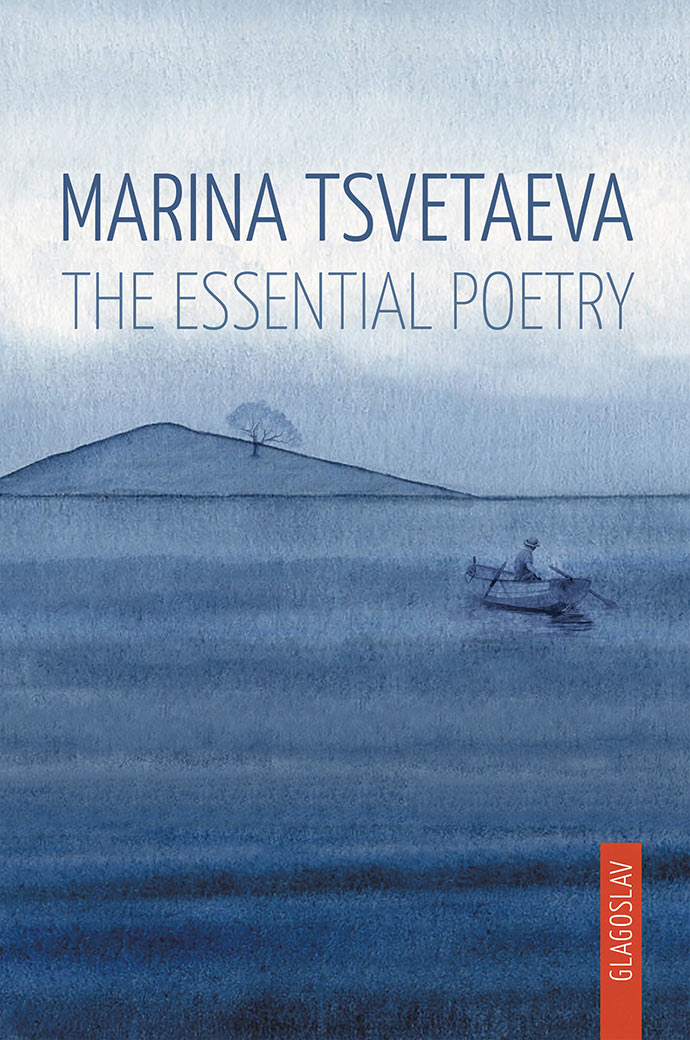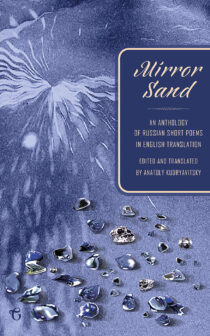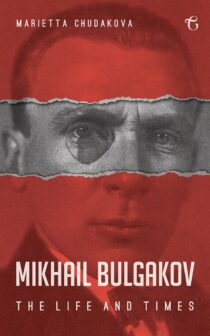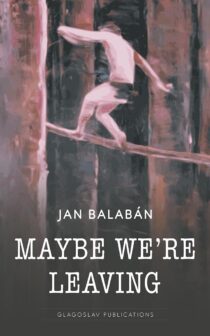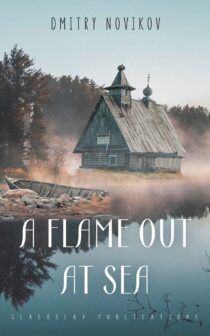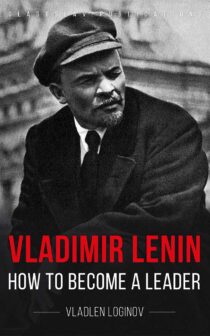Marina Tsvetaeva: The Essential Poetry
Price range: €9.95 through €24.99
Author: Marina Tsvetaeva
Translators: Michael M. Naydan and Slava I. Yastremski
Marina Tsvetaeva: The Essential Poetry includes translations by Michael M. Naydan and Slava I. Yastremski of lyric poetry from all of the great Modernist Russian poet Marina Tsvetaeva’s published collections and from all periods of her life. It also includes a translation of two of Tsvetaeva’s masterpieces in the genre of the long poem, “Poem of the End” and “Poem of the Mountain.”
Marina Tsvetaeva: The Essential Poetry includes translations by Michael M. Naydan and Slava I. Yastremski of lyric poetry from all of the great Modernist Russian poet Marina Tsvetaeva’s published collections and from all periods of her life. It also includes a translation of two of Tsvetaeva’s masterpieces in the genre of the long poem, “Poem of the End” and “Poem of the Mountain.” The collection strives to present the best of Tsvetaeva’s poetry in a single small volume and to provide a representative overview of Tsvetaeva’s high art and the development of different poetic styles over the course of her creative lifetime. Also included in this volume are a guest introduction by eminent American poet Tess Gallagher, a translator’s introduction and extensive endnotes.
[real3dflipbook id=’109′]
| Dimensions | N/A |
|---|---|
| Author | Marina Tsvetaeva |
| Pages | 164 pages |
| Publication date | 15th May 2015 |
| Book Format | Hardcover, Paperback, EPUB, Kindle, PDF |
Endorsements and Review Quotes
“This translation embraces and celebrates the unrestrained passion that runs through Tsvetaeva’s poetry, and unlocks the complexity of her verse.” Savannah Whaley, Russia Beyond The Headlines
